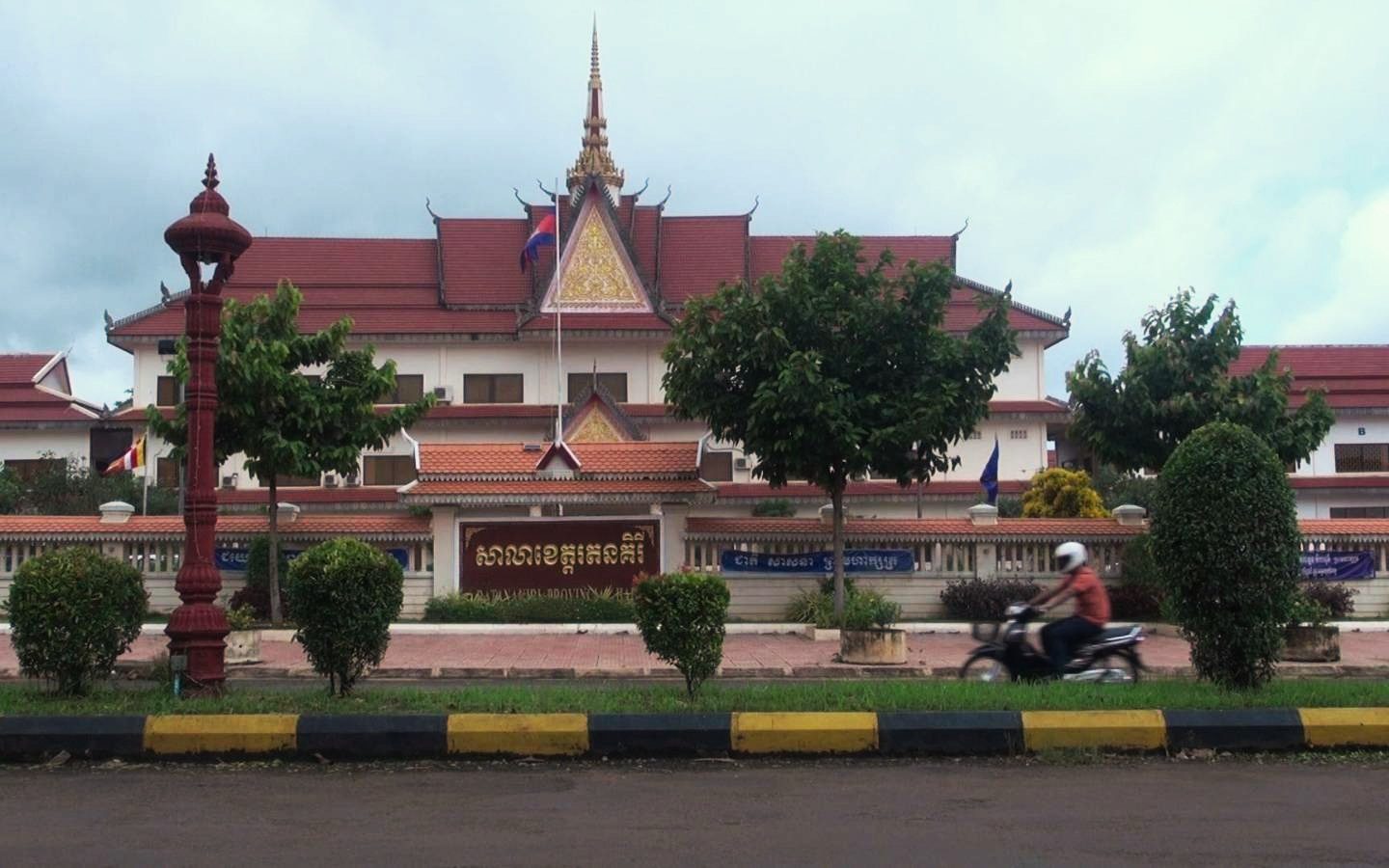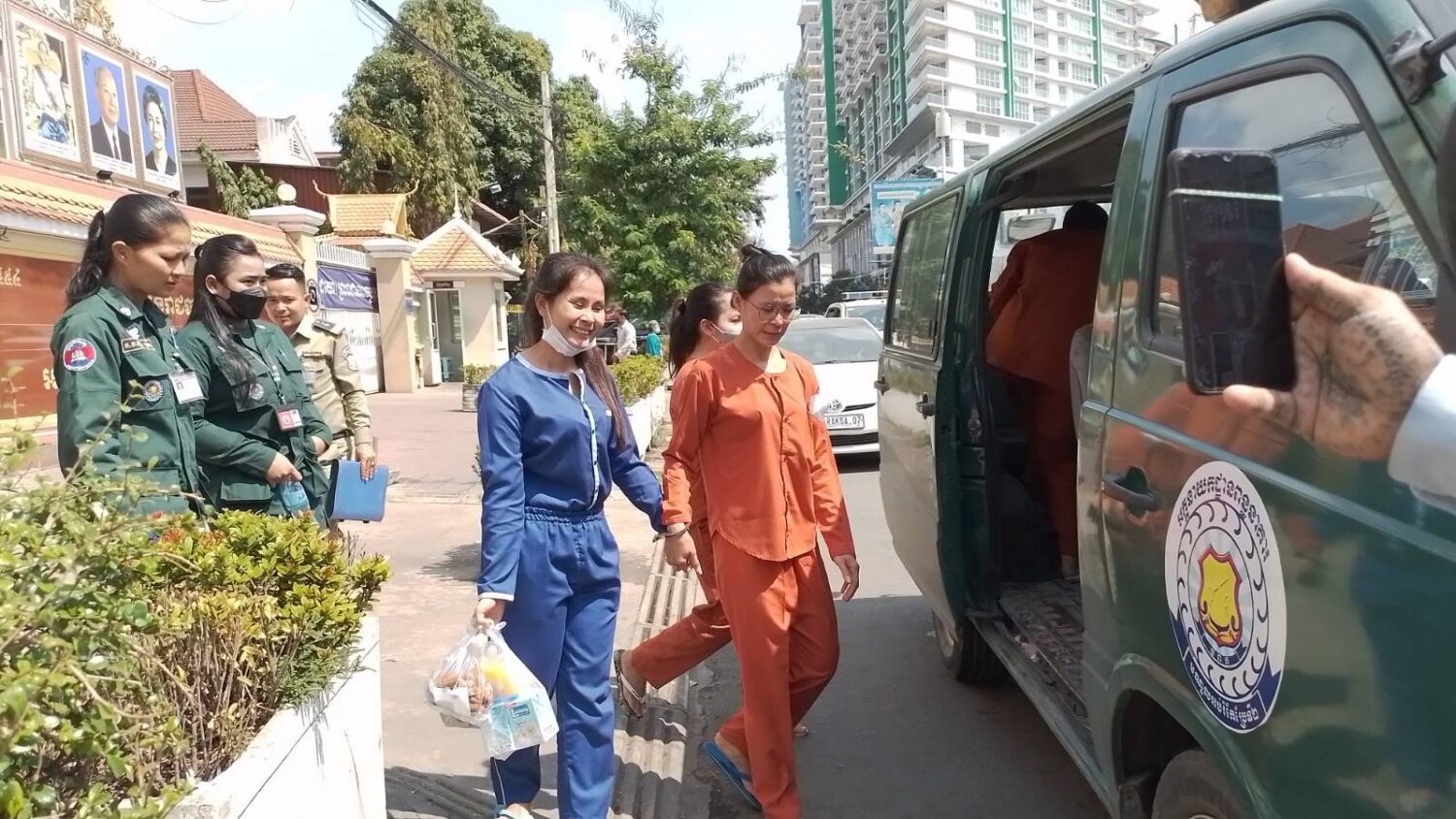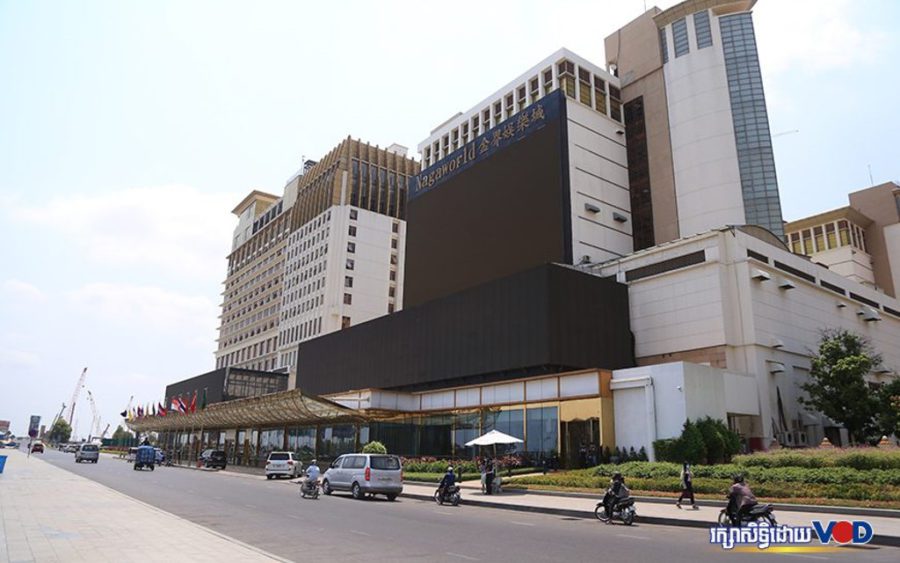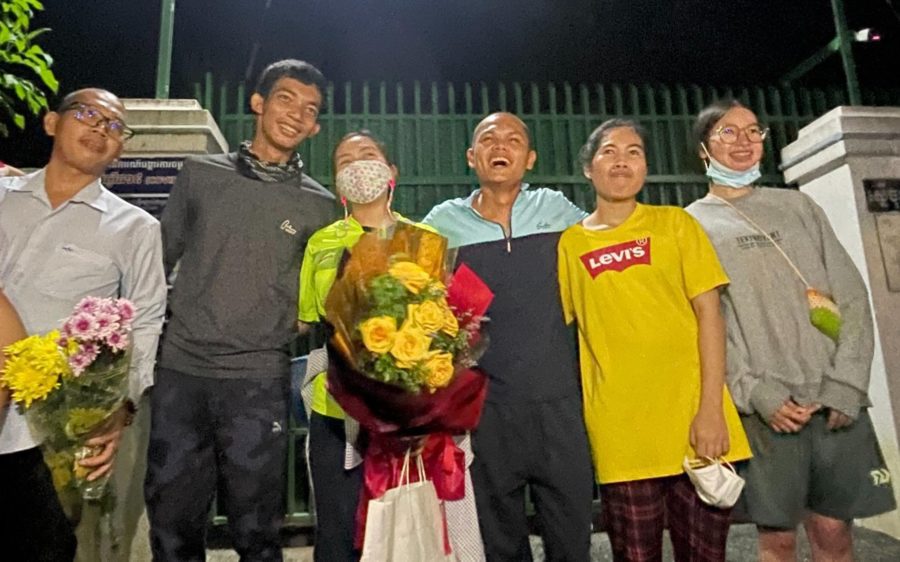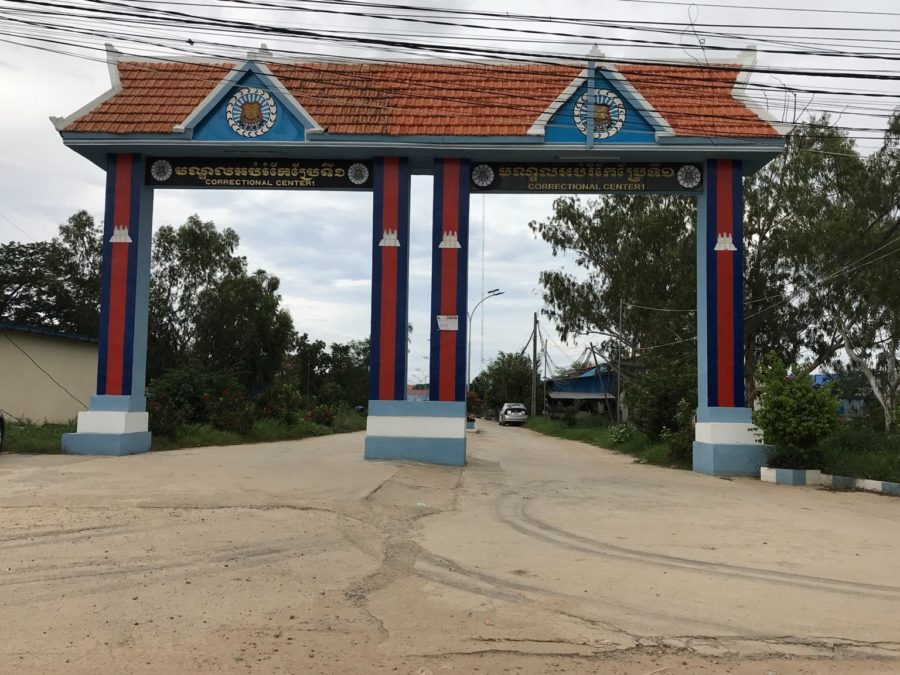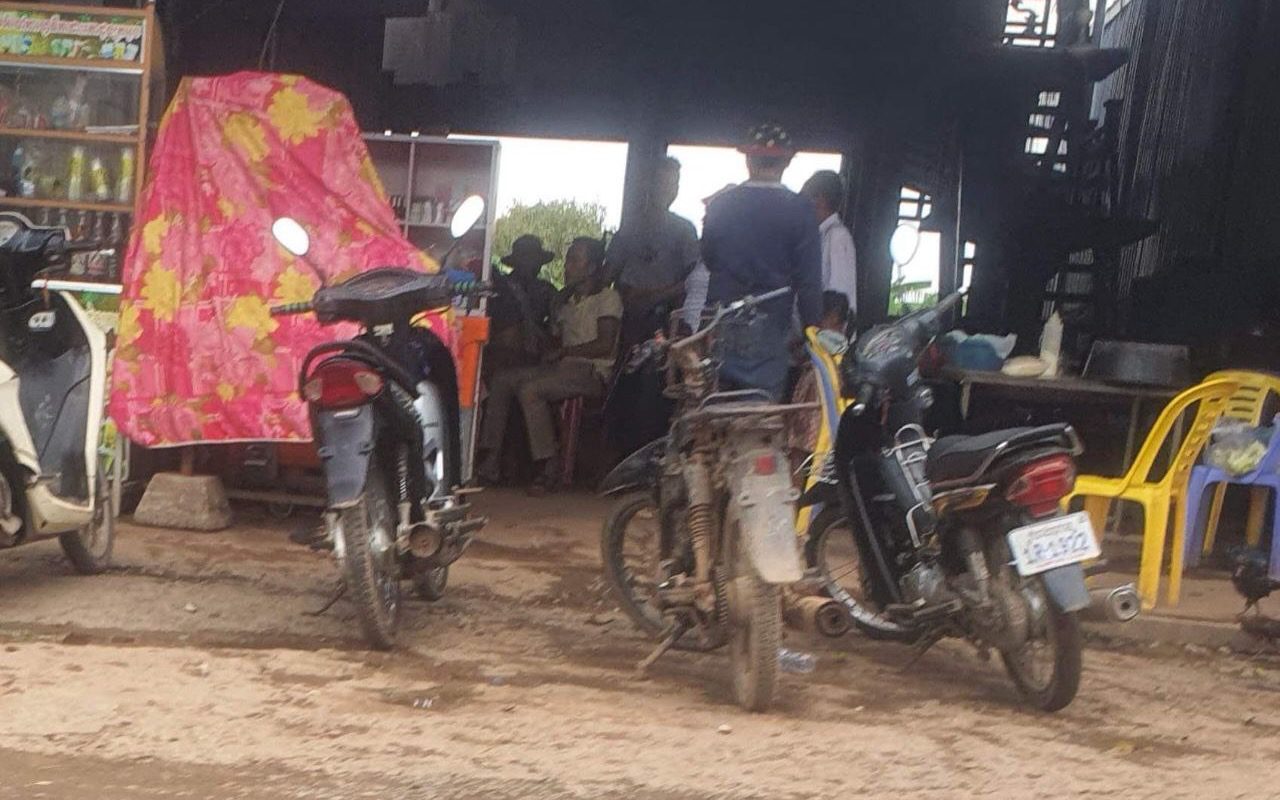Officials at the Ratanakiri provincial planning department have filed corruption complaints accusing their director of embezzling money to buy houses and land, the latest in a recent spate of anti-graft cases.
The Anti-Corruption Unit confirmed it had received one of the complaints, and the director Kheng Vuthy has now been transferred to the Planning Ministry in Phnom Penh — but on Tuesday he denied the allegations against him as “jealousy.”
Reporters have reviewed four complaints, submitted to the ACU and the offices of Prime Minister Hun Sen, Deputy Prime Minister Men Sam An and Finance Minister Aun Pornmoniroth.
One of the complaints, dated January 2, accuses director Vuthy of embezzling budgets for mission trips, office equipment and building repairs, and buying houses in Phnom Penh and land in several provinces.
It also alleges that Vuthy took the salaries of 12 officers who never came to work. He also promoted his allies, even when they had not worked a requisite amount of years, by falsifying documents, the complaint says.
“The office supplies were worth nearly 20 million riel at auction,” or about $5,000, it says. “He takes the money, and we never have anything to use, not even a piece of paper.”
The complaint adds that many officials transferred away from the department because they could not tolerate Vuthy’s actions.
On Tuesday, the Planning Ministry issued a statement transferring Vuthy from Ratanakiri to the ministry in Phnom Penh.
Vuthy, however, denied the allegations. Some officials were slandering him to try to seize his position, he said.
He hoped that national officials would come to investigate, he said.
His transfer to Phnom Penh was long-planned and had nothing to do with the allegations, he added.
“I worked as the director for eight years. I’ve wanted to change jobs for a long time because here it is complicated. It’s only jealousy. And I want to visit my daughter who studies in Phnom Penh.”
Vuthy said his staff had complained about him to the Anti-Corruption Unit in the past, but he had presented documentation showing his innocence.
The Ratanakiri planning department’s deputy director of administration, Moniroth Rado, said he recognized the 12 names of the absent officials from whom Vuthy allegedly collected salaries. Seven had transferred away many years ago, and three were current staff out of 35 at the office. He was not sure about the other two. Officials sign an attendance list every day, but do not take thumbprints, he added.
But he did not know anything about complaints being filed, he said.
Anti-Corruption Unit spokesperson Soy Chanvichet confirmed that the unit had received a complaint against Vuthy and was now investigating.
He acknowledged the unit had recently received many corruption complaints, but noted that this did not mean all the accused officials were guilty.
“The ACU has received a series of complaints and has taken a series of actions. The allegations made are not always a certainty that the person committed the crime. The ACU will investigate each case,” he said.
Pich Pisey, director of Transparency International Cambodia, said the embezzlement of state funds was one of the factors behind Cambodia’s poor rankings in global corruption indexes. Last year, Cambodia received the worst score among Southeast Asian nations in the organization’s annual corruption perceptions index.
“We need to systematically monitor both large-scale and small-scale corruption,” he said. “Look at the overall strategy and solve this problem systematically to be able to solve it.”
Earlier this month, National Museum staffers accused the museum’s director of taking hundreds of thousands of dollars of museum revenue for personal gain. The ACU has also begun investigations into Kampong Speu, Kandal and social affairs officials.


